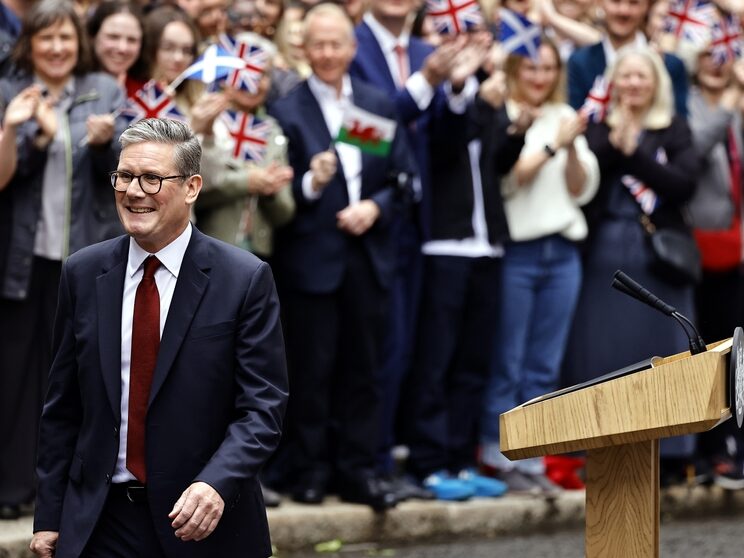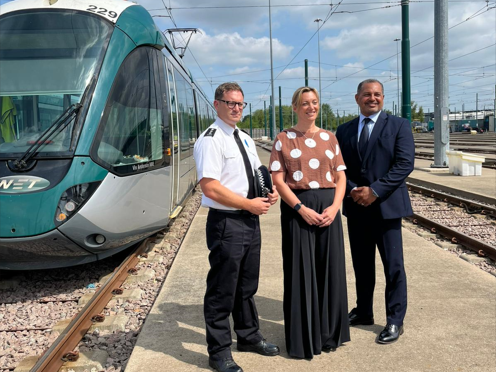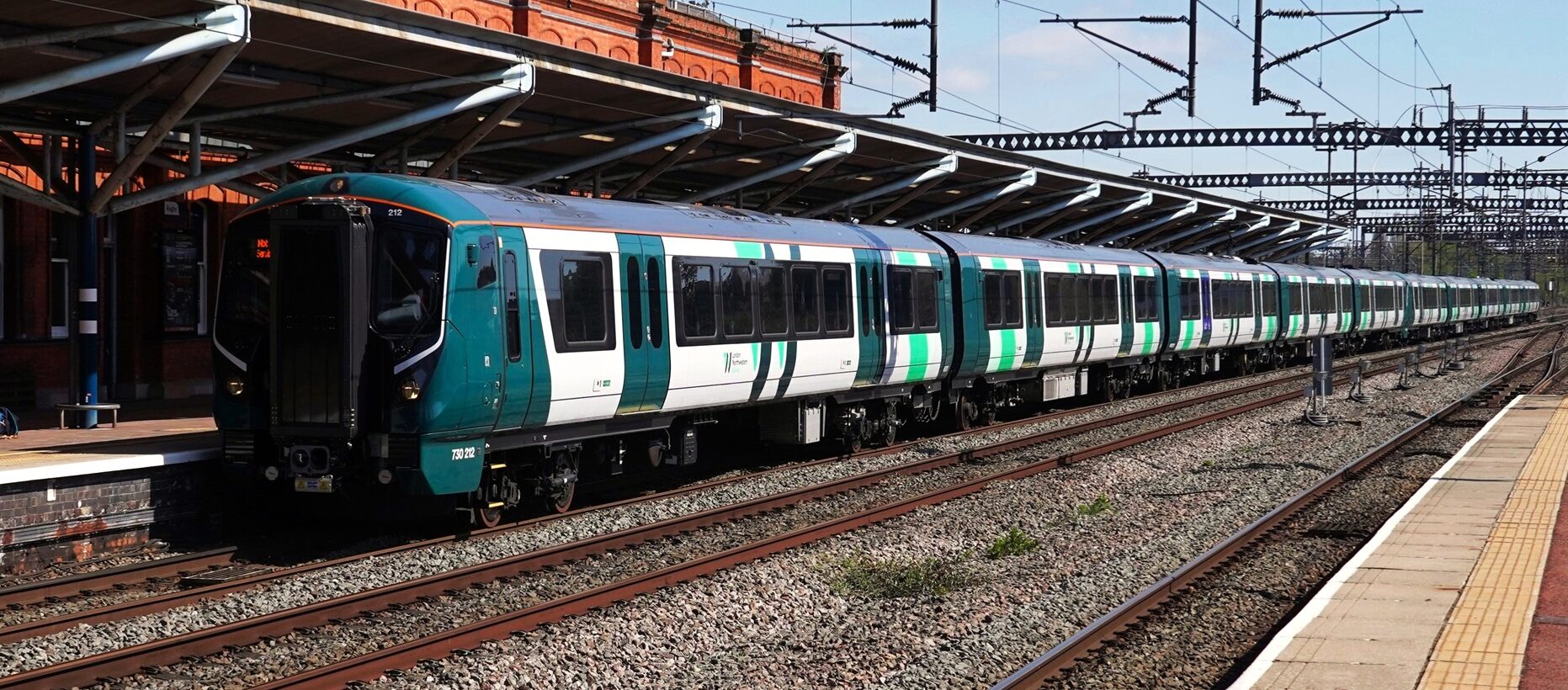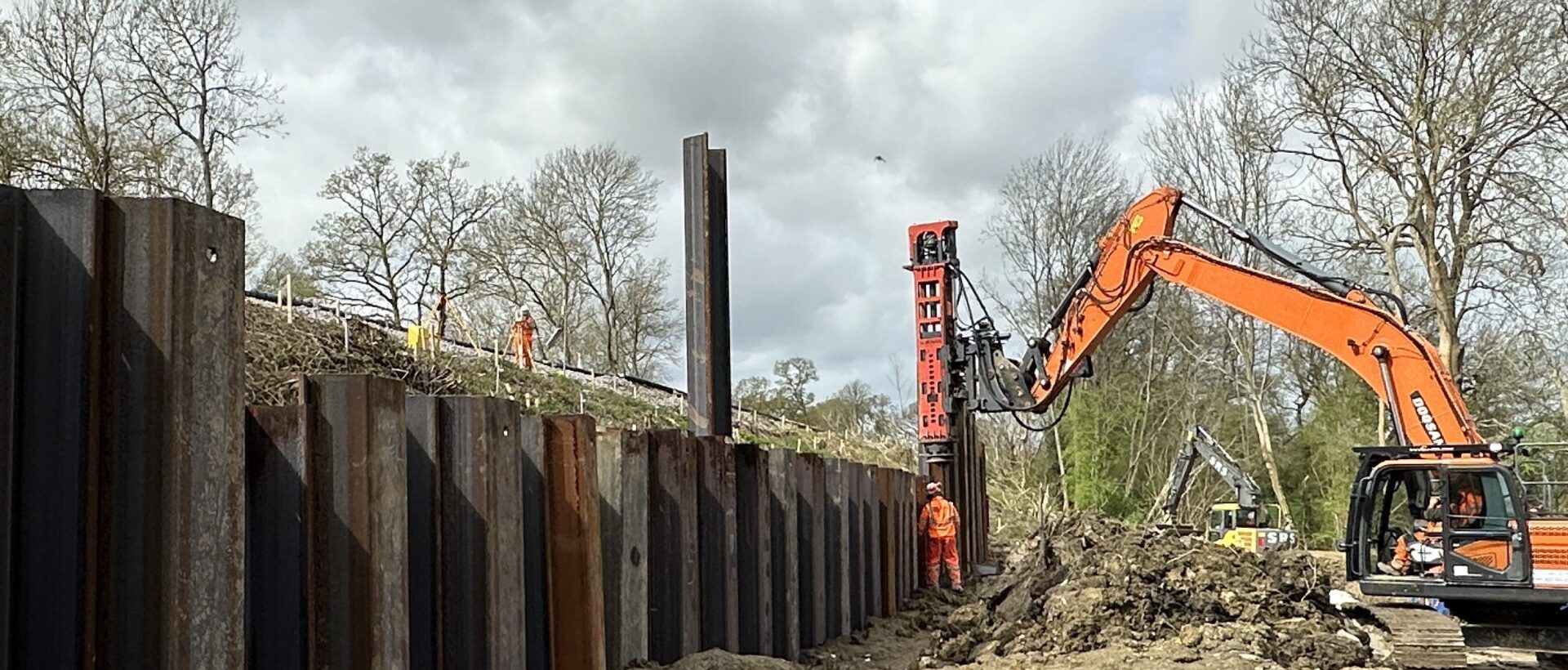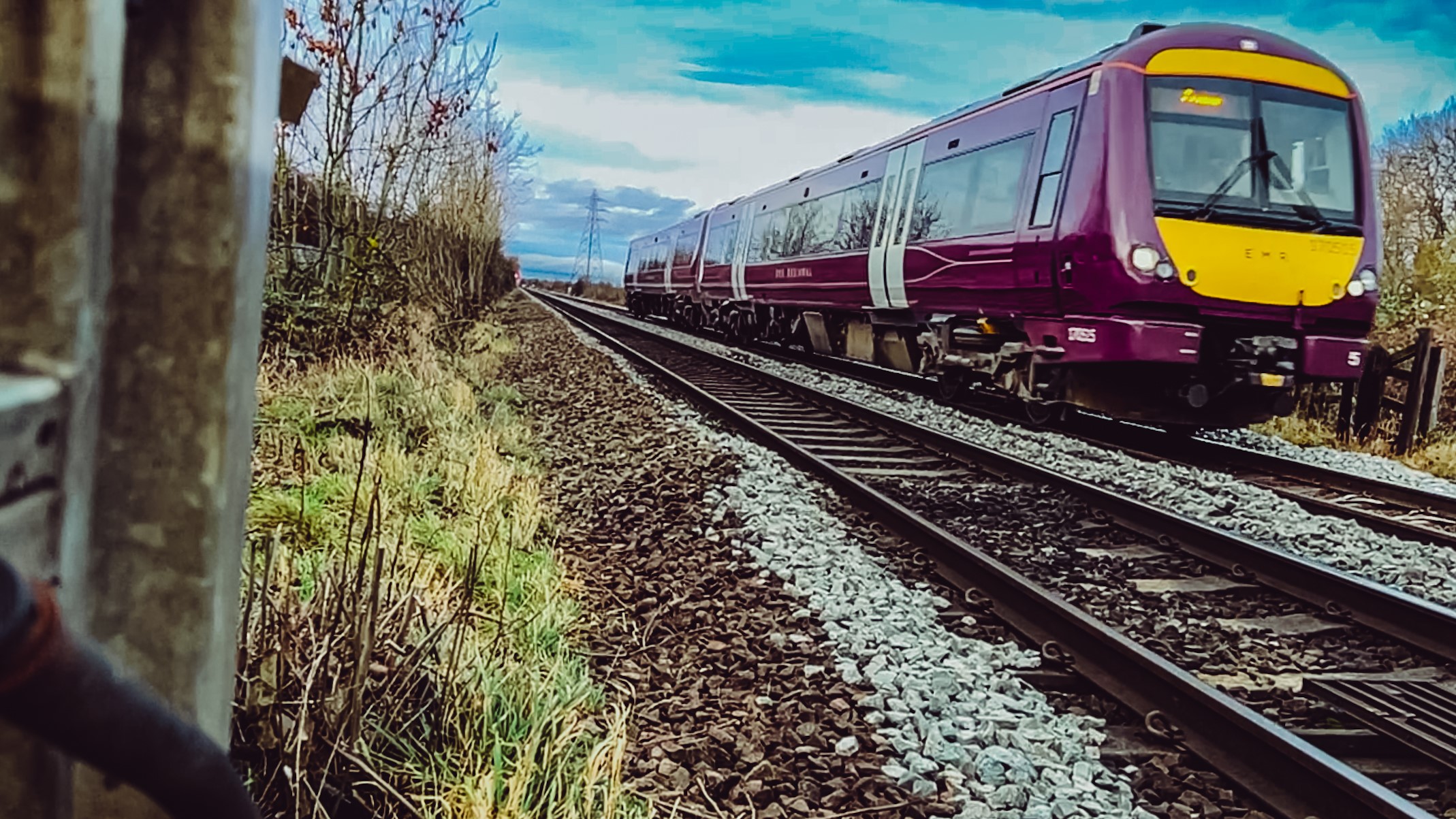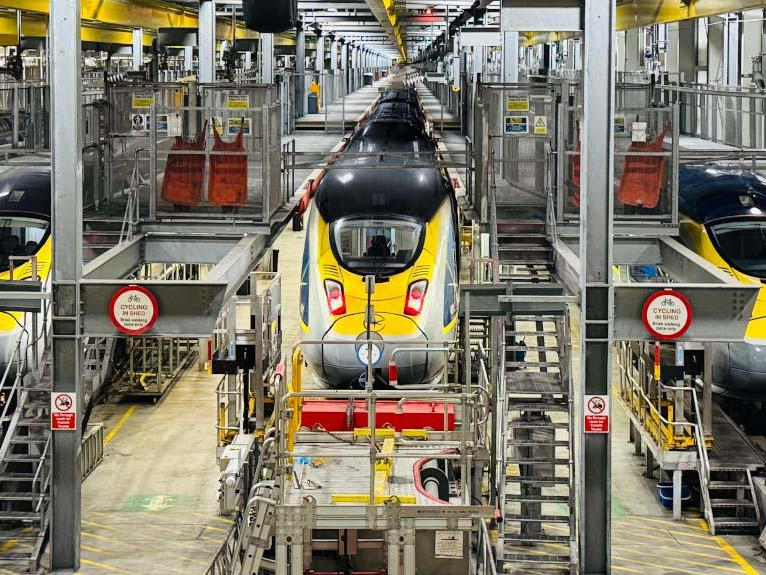A number of industry figureheads have offered their takes on the Chancellor’s 2025 Spending Review.
The review, which was held yesterday (11 June), saw Chancellor Reeves officially announce funding injections for a number of transport projects throughout the UK, including 15 million GBP for new rail, tram and bus networks across the West Midlands and the North.

Responding to the Spending Review, West Yorkshire Mayor, Tracy Brabin, said:The chancellor inherited a terrible hand from the previous government and has taken some really difficult decisions to fix the public finances.
She has resisted the temptation to make popular short-term decisions, by focusing on long-term investments in infrastructure to help boost economic growth, including our long-awaited project to bring trams back to the streets of Leeds and Bradford.
This ambition must now be matched in next week’s infrastructure plan with a firm commitment to vital projects set out in Yorkshire’s plan for rail, including a new city centre through station in Bradford and action to address congestion at Leeds, which is the busiest in the North.
Long gone are the days when London and the South hog the majority of the nation’s transport spending. I believe this government gets it and will illustrate that by continuing to work in partnership with mayors to renew Britain, backing areas that have been neglected by Westminster for decades and doing right by working people.
Additionally, Railway Industry Association (RIA) Chief Executive Darren Caplan said:The Railway Industry Association welcomes the support Chancellor Rachel Reeves announced for UK rail in the Spending Review, and the recognition that the railways are key to delivering economic growth.
This support includes the next phases of the Transpennine Route Upgrade, East West Rail, and Northern Powerhouse Rail, as well as new funding for the Midlands Rail Hub and for Welsh rail infrastructure.
The Treasury's plans to reassess the Treasury’s Green Book investment framework should also be applauded, as social, environmental and regional value are all central to what rail delivers.
This Spending Review follows the announcement last week of £15 billion of funding for local transport in city regions, including metro and tram networks, whether the Midlands, Sheffield, Greater Manchester, Yorkshire, Tees Valley, Newcastle, or West of England. Rail businesses from every part of the UK will want to be involved with delivering those schemes, as the Government and devolved bodies take them forward.
Finally, we also welcome the Chancellor’s focus on skills and training as well as her ambition to leverage private investment into transport to help alleviate capacity and connectivity constraints. We look forward to more details on how this will be delivered, when the Government’s Infrastructure and Industrial strategies are published later in June.
Thomas Knight, transport market lead for UK and Europe at Mott MacDonald, said:Government’s renewed and increased commitment to transport infrastructure investment will deliver transformational projects like East West Rail, the Midlands Rail Hub and the TransPennine Route Upgrade.
As part of the Spending Review, it was confirmed that a four-year settlement of 23 billion GBP has been agreed for the HS2 project.
A spokesperson from the High Speed Rail Group said:The High Speed Rail Group welcomes the news that the HS2 project has received a four-year funding settlement from the Government, marking an important step forward in rebuilding confidence and certainty around Britain’s biggest infrastructure project.
This sort of funding agreement creates the platform from which HS2 and its suppliers can carry out the much needed ‘reset’ of the project and bring clarity on both anticipated costs and programme. With this certainty in place the supply chain will now work with HS2 Ltd to drive the productivity improvements the project needs and the Government reasonably demand.
Rightly, this Spending Review has focussed on the funding needed to get the Euston-Birmingham section of the project back on track. Alongside the reset of this element of the programme, we must now work to define what is needed between Birmingham-Crewe to avoid creating Britain’s biggest bottleneck in this section of the national railway.
Transport for London is also set to receive a ‘four-year settlement’, with a ‘fourfold increase’ in transport grants planned by the end of this current parliament and 10 billion GBP in funding for rail infrastructure projects across the UK.
London TravelWatch issued the following statement in response to the government Spending Review:The four-year funding settlement for Transport for London in the Chancellor’s Spending review today is a welcome step forward in giving greater stability to TfL’s finances and allowing current projects, such as the introduction of new trains on the Piccadilly line and DLR, to be completed.
But the lack of extra funding for key projects such as the DLR and Bakerloo line extensions and the West London Orbital rail link is disappointing – and it is unclear whether the £2.2billion allocated will be enough to enable TfL to make good past under-investment in maintaining and renewing the existing network.
We look forward to seeing further details in the coming weeks.
Blake Richmond, COO of Resonate Group, commented:It’s encouraging to see increased investment in the UK’s rail infrastructure. Investment in more efficient rail services is about more than just reducing journey times, it’s about unlocking economic growth, expanding access to jobs, education and essential services, and supporting a fairer distribution of opportunity across the UK.
To fully realise the benefits of this investment, it’s crucial that infrastructure upgrades are accompanied by modern, data-driven technologies. Intelligent digital tools have the potential to optimise network performance, enhance safety and deliver more reliable outcomes for both passengers and operators.
Elsewhere, the Chancellor also confirmed an extension to the 3 GBP bus fare cap across Britain through to March 2027.
Ben Plowden, Chief Executive of Campaign for Better Transport, said:Based on the Chancellor’s initial speech, it looks like good news for transport today, with capital investment for our city regions and the areas outside them, and funding for much needed rail projects across the country. We’re also really pleased that the £3 fare cap for single bus journeys outside of London is being extended, something passengers will also welcome.
Whilst we acknowledge the funding challenges that government faces, we are concerned about the potential impact of an overall cut in revenue investment for transport and what this will mean in practice.


















